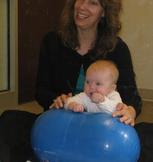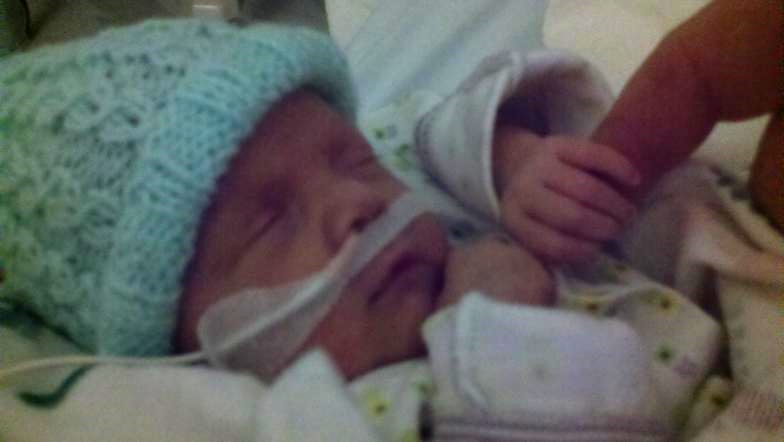Deborah Straka-DeMarco, P.T., L.L.C.
Call for more info: 908-413-0413
Deborah Straka-DeMarco, P.T., L.L.C. Services
Pediatric physical therapists work with children, from infancy through adolescence, to enhance a child's development by assisting each child to reach their maximum potential. Physical therapists work closely with the family of the child to promote development and implement an individualized care plan.
Physical therapists collaborate with other health care professionals to optimize a child's care and to determine the best plan of care. Pediatric physical therapist treatment consists of an examination, evaluation, diagnosis, prognosis, and intervention of children who have functional limitations or disability due to trauma, a disorder or disease process.
Although physical therapist treat a wide range of medical diagnosis, some common diagnosis that pediatric physical therapist work with are; cerebral palsy; genetic syndromes, developmental delays, heart defects, hypotonia (low muscle tone) , hypertonia (high muscle tone), hydrocephalus, spina bifida, brain injuries, including concussions, torticollis, plagiocephaly, premature and high risk infants.
Children that are not developing their gross motor milestones such as rolling, sitting, crawling, and standing at the expected age levels, can benefit from structured physical therapy. Physical therapy intervention promotes strength, coordination, endurance, movement and balance skills. Therapy will also encourage independence, facilitate motor development and function, enhance learning opportunities, and ease challenges with daily caregiving. Therapy can include: suggestions for positioning during daily routines and play activities; adapting toys for play; assisting with mobility options; facilitating safety for the home and school environments
The most important thing to know about torticollis and plagiocephaly, from a physical therapist's perspective, is that the stretches and positions for play, need to be incorporated throughout the day.
Placing your infant on their belly every time you put them down (while awake), even for diaper changes, is important because it allows the infant to practice lifting their head and self-stretch, while increasing their neck strength.
Avoid using any type of "equipment" (bouncy chairs, swings, exersaucers). The best place for a baby to get stronger and learn to move, is on the floor. Place them on their sides and their belly.
Change the infant's sleep position in the crib so they have to turn towards the side that is difficult for them. When on the floor, place all toys so they have to turn towards them in the direction that is challenging.
Carry your infant facing out and away from your body or in a "football" hold.
Physical Therapy for Infants, Babies and Young Children
Physical Therapy for Torticollis and Plagiocephaly
Physical Therapy for High Risk and Premature Infants
Infants that require a stay in the Neonatal Intensive Care Unit may require Physical Therapy during their stay and once they are discharged to enhance and promote normal movement patterns.
Infants that are born prematurely do not get a chance to develop physiological flexion that occurs towards the end of a pregnancy. Flexion and midline orientation are important pieces of development that impact future developmental skills, such as: rolling, sitting, crawling, holding a bottle, grasping toys and bringing them to their mouth for early learning.
Many infants that are born with any complications, and require a NICU stay, could benefit from physical therapy services.
In-home services may be an option for some patients.


